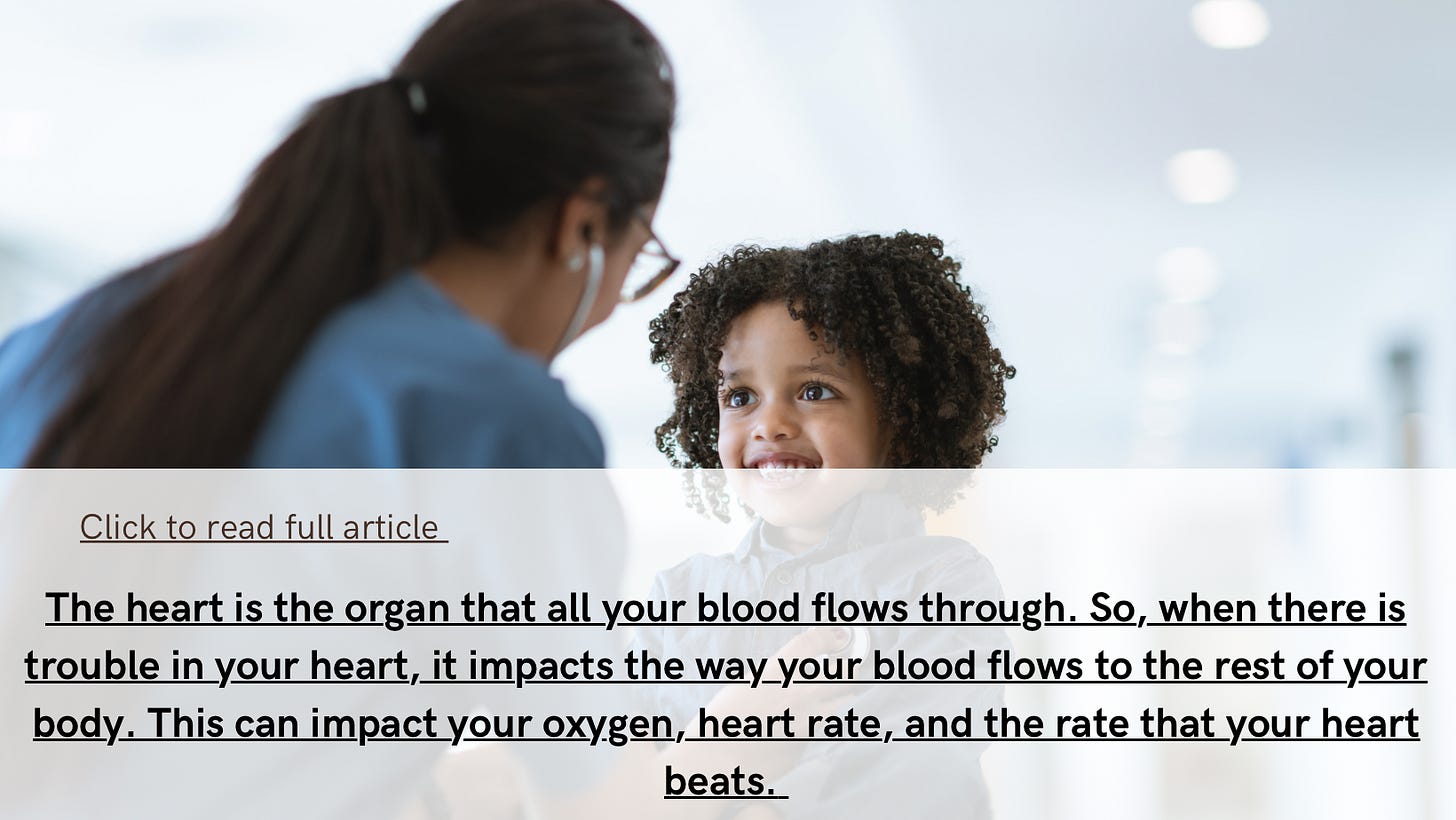Tiny triggers, tiny traumas…
Your sleep, rest cycle is one of the most important cycles in your life and determines the overall quality of your health.
Parenting can be problematic when you do not have the proper foundation and understanding of what shapes childhood experiences into healthy adult perspectives. What many do not realize is perspectives are shaped by perceptions, meaning how you see the world around you is shaped by what you saw in the world growing up. How you respond to life’s situations are shaped by your level of exposure to critical thinking, rational processing, and healthy boundaries growing up. It is quite often we hear parents say “well my mom did it this way” or “when my father came it meant this”, but what if they got it wrong in certain instances? What if due to faulty wiring, which are circumstances beyond their control (such as their upbringing) they were conditioned to be the way they were. What if the lack of understanding left them open to error?
I believe that the inherit love we are wired to have for our parents is necessary, but I also believe it can hurt. Why? Because it keeps us from recognizing flawed patterns, internal obstacles, and unorthodoxed habits. Now this is not a let us bash our parents read, but rather let us disect the areas that have greatly affected us so we can be better people and parents ourselves. Let us not dismiss or discredit even the smallest things that have rolled with us into our now.
There is something trending called tiny trauma, a concept by Dr. Meg Arrol. It is a focused narrative and one that is gaining more attention, rightfully so. Because often we only look at the major events or lack of in people’s lives to determine their functionality. We miss the fact that many times the smallest of events have the greatest impact. We miss the fact that small things add up to larger triggers and this is how we can define our trauma.
So what is tiny trauma, how can we relate to it, how does it impact parenting, and why is all this important?
“Dr Meg describes tiny traumas as 'everyday psychological wounds' that keep building up over time. She describes them as 'emotional injury from a thousand paper cuts'.” -Dr. Meg Aroll chartered psychologist and author of Tiny Traumas
“She said people can be left suffering with problems including: 'High-functioning anxiety, problems with falling and staying asleep, emotional eating and being stuck in between life stages, unable to move on or enjoy the simplest of pleasures.'”
Your sleep, rest cycle is one of the most important cycles in your life and determines the overall quality of your health. With tiny traumas it is likely you are triggered quite frequently during the day which means your fight or flight responses remain activated and your dopamine levels remain raised. All of this impacts your stress level, heart rate, blood pressure, eating habits, and ability to power down after each day. A natural occurrence such as shutting off the lights, getting in your bed, and falling asleep straight away plagues you internally and so you wrestle with late night tv binges, social media scrolling, and rely heavily on technology. Not realizing the receptors that fire off when you are using your devices in an effort to wait out that moment of sleep. All the while not recognizing this does more harm than good. The rays from the screen, the constant wear on your eyes, the, and the active light fights your natural ability to properly shut down. So essentially you have trouble powering down, and once you finally do you have trouble having a peaceful nights sleep, not to mention the anxious response to all of this. Internally you dread bed time all though you love the thought of peace and rest.
Your diet and food choices are directly impacted by your amount of sleep or lack of. Lack of sleep can result in higher cortisol levels, higher cortisole levels can result in elevated glucose levels, and elevated sugar levels can actually make you crave sugar. So many of you may feel you have a ‘sweet tooth’, but what you perceive as a sweet tooth is really compounded stress, presenting itself as a food trigger. All of this both impacts your weight, mental clarity, dental hygiene, heart health, and physical healthy.
Lastly, how does all this relate to parenting? Well many of these ‘tiny triggers’ stem from child hood events that weren’t acknowledged or rectified. Which can then filter into our personal dogmas or ideologies about yourselves and the people around us. This will either mean we strive to be just like our parents, or we do everyone in our power to be radically opposite. Each approach can be both harmful to you and your parent child relationship. So identifying triggers, having healthy conversations with people around you, reading to learn, getting a life coach or therapist, can all help mature in the areas where you may be arrested in that childlike state that may be taking over your ability to process and make rational choices on your own.
Toxic cycles don’t get to define you and you can live a life void of the brokenness that has tried to plague you. -Malecia Griffin (Year of She Arise)
This is important so that you are aware of your own children and those tiny triggers you faced don’t end up in the foundation of their lives as well.




